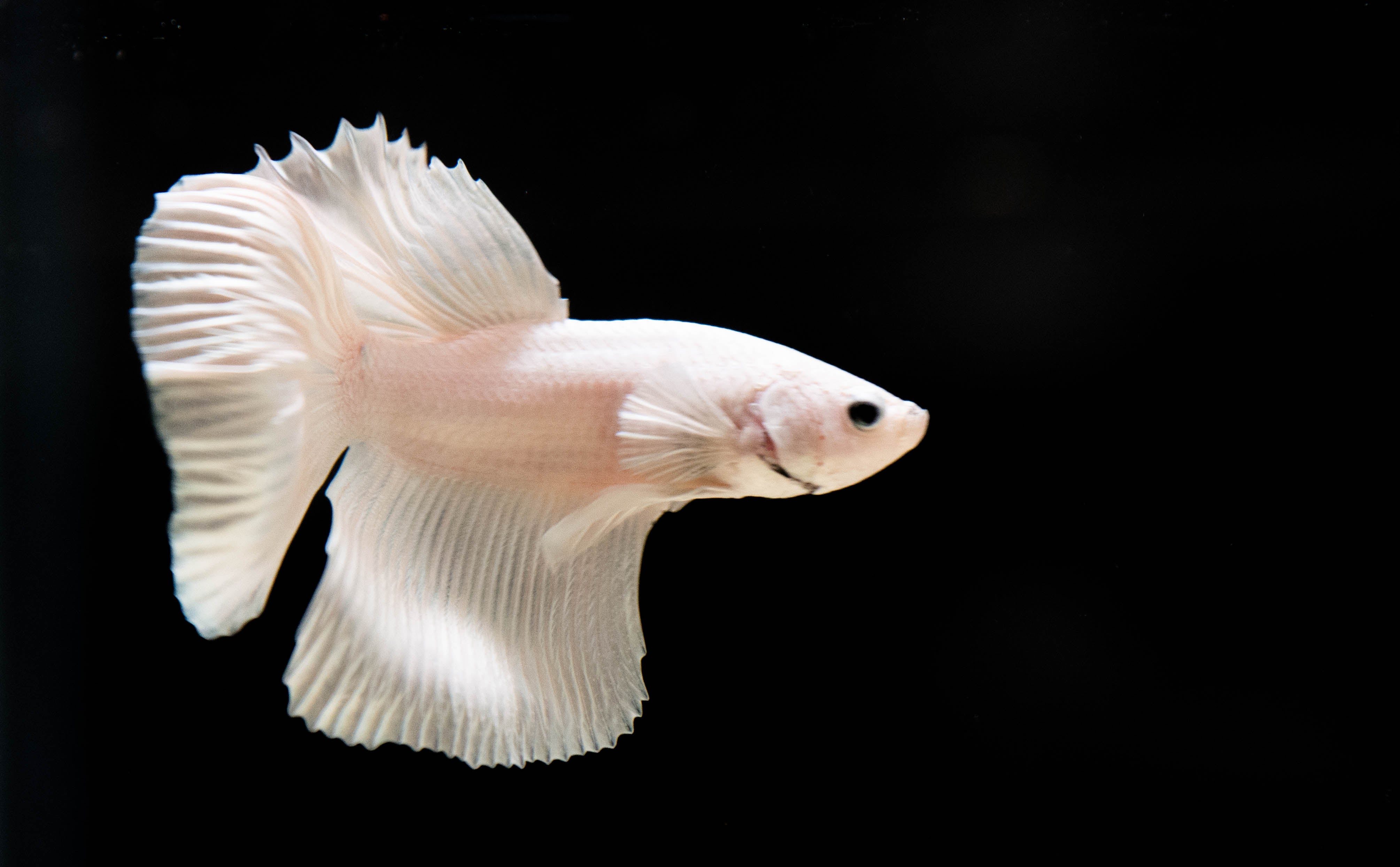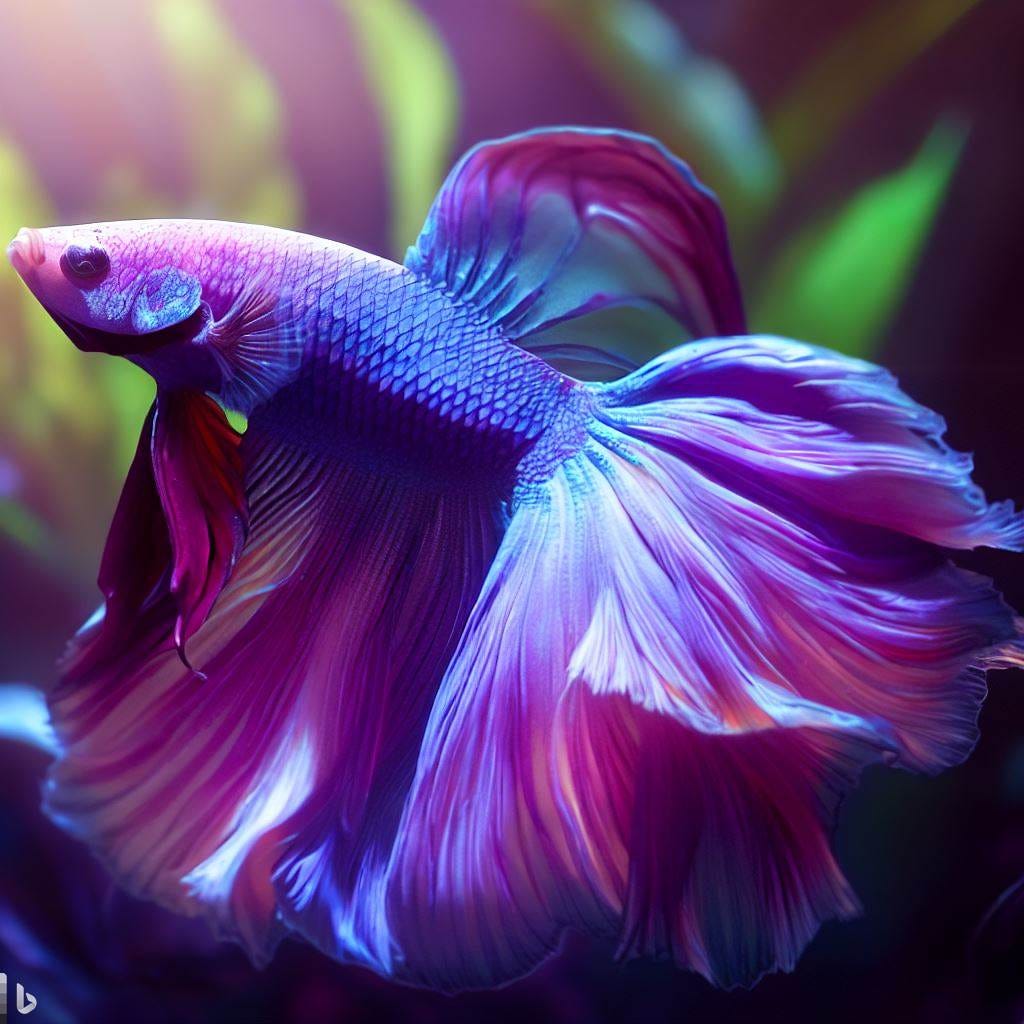Just how to Select the Right Betta Fish for Your Fish tank
Just how to Select the Right Betta Fish for Your Fish tank
Blog Article
The Ultimate Guide to Betta Fish Treatment: Vital Tips for Preserving a Healthy And Balanced and Flourishing Fish Tank Atmosphere
Reliable Betta fish treatment necessitates an extensive understanding of their special environmental and physiological needs. Developing a suitable aquarium starts with choosing the right storage tank dimension and ensuring ideal water conditions, which are critical for the wellness and wellness of your Betta.
Choosing the Right Container
Selecting the suitable container for your Betta fish is crucial to guaranteeing its wellness and well-being. Bettas flourish in environments that simulate their all-natural habitats, which generally include tranquility, cozy waters. A storage tank dimension of at the very least 5 gallons is suggested to supply sufficient swimming room, as smaller containers can result in tension and health concerns for these vivid fish.
When choosing a tank, think about the tank's form and filtering system. A rectangular storage tank is better to a dish, as it provides extra surface for oxygen exchange. Additionally, a reliable filtration system is important to preserve water quality and minimize the frequency of water modifications (betta fish). It's important to pick a filter with a gentle circulation, as Bettas are not strong swimmers and may have a hard time against strong currents.
Temperature guideline is one more essential element; Bettas choose water temperatures in between 76 ° F and 82 ° F. Purchasing a great heating unit will certainly guarantee that the water continues to be within this range, promoting a healthy and balanced and energetic lifestyle for your Betta. Offering ideal storage tank decorations and concealing spots will assist reduce tension and encourage natural habits, additionally enhancing your Betta's well-being.
Preserving Water Quality
Maintaining ideal water top quality is crucial for the health and wellness and longevity of Betta fish. This requires normal surveillance of numerous parameters, including temperature level, pH, ammonia, nitrite, and nitrate levels.
The pH degree need to preferably drop in between 6.5 and 7.5. Normal testing making use of a reliable water testing package can aid guarantee these specifications remain within the appropriate arrays. Ammonia and nitrite levels should constantly be at 0 ppm, as even low concentrations can be poisonous to Betta fish. Nitrate levels ought to be maintained under 20 ppm to stop lasting health and wellness issues.
Normal water adjustments are essential to keeping water top quality. It is recommended to alter 25-50% of the tank water weekly, relying on the tank dimension and equipping levels. Utilizing a top notch water conditioner can help eliminate harmful chemicals from faucet water, making certain a secure atmosphere. Additionally, including a durable purification system can assist in keeping water quality and quality, giving a much healthier habitat for your Betta fish.
Suitable Feeding Practices
Supplying a well balanced diet is vital for the health and wellness and lively pigmentation of Betta fish, as their nutritional demands play a substantial function in their overall wellness. Betta fish are carnivorous naturally, calling for a diet high in protein. A mix of premium pellets, frozen or live foods such as bloodworms, brine shrimp, and daphnia can give the crucial nutrients they require.
Feed your Betta fish 2 to three times a day, supplying just what they can take in within a couple of mins to stop overfeeding and maintain water quality. Overfeeding can bring about weight problems and health problems, consisting of swim bladder disease. It is important to monitor their dietary consumption and readjust part dimensions appropriately.
In addition to protein, a well balanced diet plan needs to include minerals and vitamins to promote ideal wellness. Think about supplementing their diet plan with premium flakes or pellets particularly developed for Betta fish, as these usually include necessary ingredients.

Producing an Ideal Environment

Water high quality is vital; preserve a temperature level between 76 ° F and 82 ° F, and make sure the pH level varies from 6 - betta fish.5 to 7.5. Regular water modifications of 25-50% per week will help keep toxic substances away and make sure a stable atmosphere
Integrating plants and hiding places is important, as Betta fish are normally territorial and appreciate having locations to discover and pull back. Live or silk plants, together with caverns and accessories, can develop a stimulating atmosphere.

Normal Health Checkups
Carrying out regular wellness checkups is vital for guaranteeing the health of Betta fish, as early discovery of potential problems can stop severe wellness issues. These check-ups ought to include a comprehensive exam of the fish's physical problem, habits, and ecological elements.
Begin by observing the Betta go now fish for any indications of distress, such as lethargy, anorexia nervosa, or unusual swimming patterns. Additionally, evaluate the fins and body for indicators of discoloration, sores, or fin rot, which can suggest infections or parasites. Frequently monitoring the water high quality in the fish tank is equally critical; criteria such as pH, ammonia, nitrite, and nitrate degrees should be Resources preserved within optimal ranges to stop tension and illness.
Furthermore, consider preserving a log of health observations and water top quality tests. Prompt intervention can make a significant difference in the recovery of your Betta fish, making sure a lengthy and healthy life in a well-kept aquarium environment.
Verdict
In conclusion, effective Betta fish treatment hinges on developing and keeping an optimal fish tank atmosphere. By adhering to these standards, aquarists can promote the health and vibrancy of Betta fish, inevitably resulting in a growing aquatic environment.
Report this page